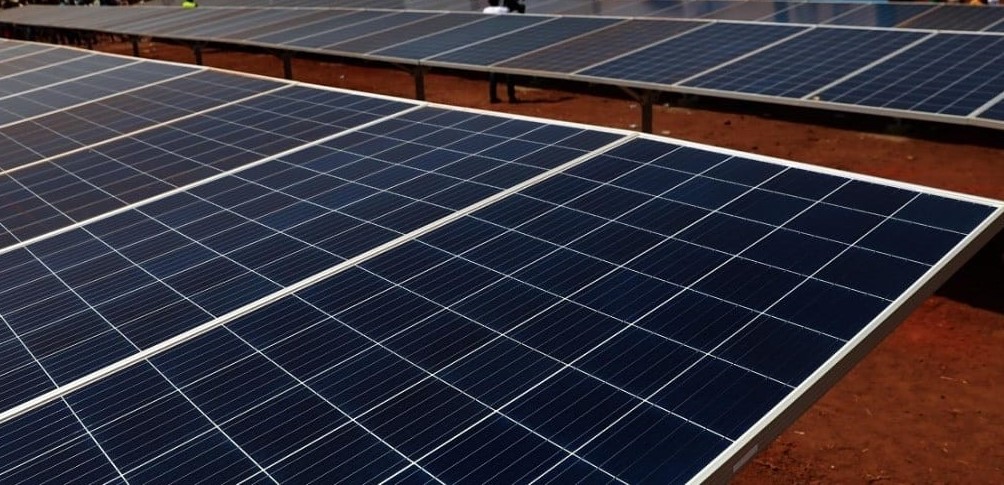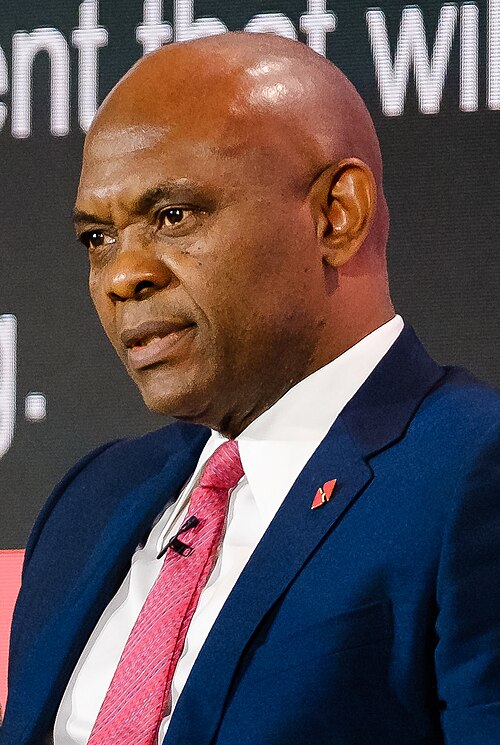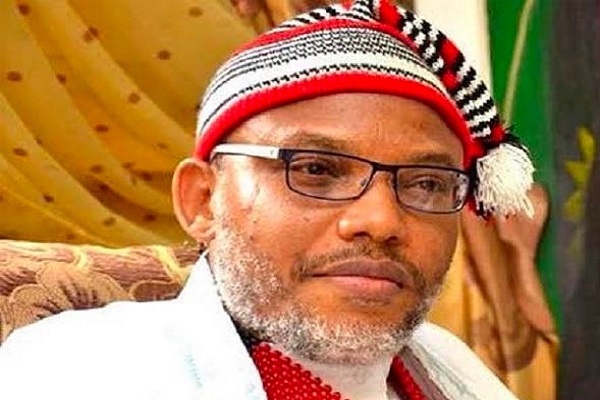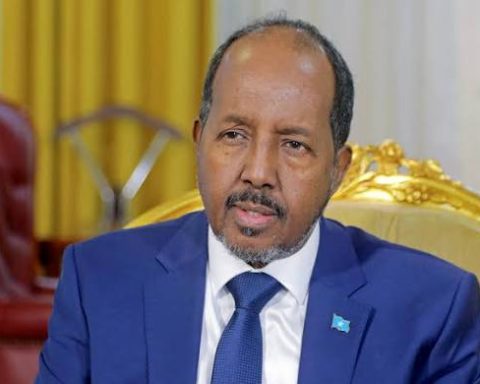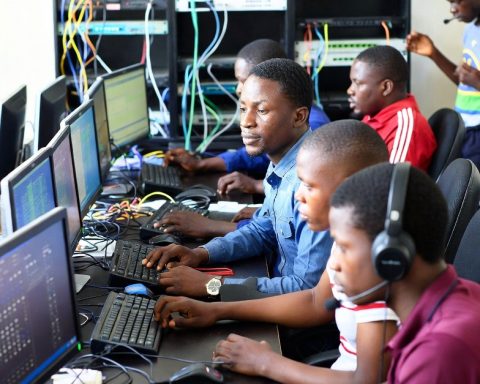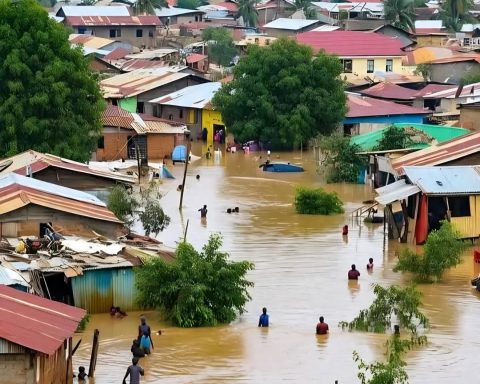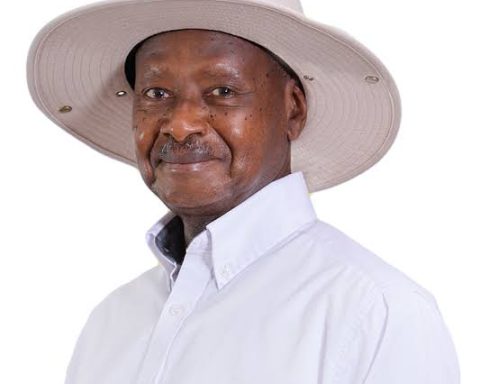Togo is launching a pilot battery energy storage project to stabilize its national grid and accelerate the country’s shift toward renewable energy. The initiative is being supported by the French Development Agency (AFD) and the Global Energy Alliance for People and Planet (GEAPP), which have committed $200,000 to finance feasibility and design studies.
The partnership agreement was signed on the sidelines of the 2025 Annual Meetings of the International Monetary Fund and the World Bank in Washington, DC. The project is expected to pave the way for a 55-megawatt (MW) battery energy storage system that will help manage fluctuations in power supply caused by intermittent solar generation.
Togo, a West African country of about 8.5 million people, has made access to reliable electricity a central goal of its national development strategy. Currently, around 40 percent of its population lacks access to electricity, particularly in rural areas. Through its “Mission 300” National Energy Pact, the government aims to achieve universal electricity access by 2030 and raise the share of renewable energy in its installed capacity from 26 percent to 63 percent within the same period.
Join our WhatsApp ChannelBattery energy storage systems (BESS) are critical to achieving those goals. They store excess energy generated during the day and release it when demand peaks, reducing the country’s dependence on expensive thermal generation and regional power imports. The pilot will also produce a national roadmap for scaling up the technology, with a target of 156 megawatt-hours (MWh) of storage capacity by 2030.
Rémy Rioux, CEO of the AFD Group, said the initiative would “bring tangible benefits to the people, reliable electricity, energy security, and new economic opportunities.”
Woochong Um, CEO of GEAPP, described the partnership as proof of Togo’s leadership in Africa’s energy transition. “Togo’s ambitious energy commitments will deliver clean power, clean air, jobs, and opportunities for millions,” he said. “This is what true leadership looks like, setting bold national goals and building practical pathways to achieve them.”
READ ALSO: Electricity Export: Togo, Niger, Benin Republic Owe Nigeria $18.29 Million
The new project builds on Togo’s recent progress in renewable energy development. The country already operates the 50 MW Blitta Solar Power Plant, which includes a small battery system, and plans to add more storage capacity to upcoming projects such as the Dapaong and Adétikopé solar plants. Together, these facilities are expected to form the backbone of a greener, more resilient national grid.
Togo is one of 17 African nations that signed a “National Energy Pact” in September 2025 in New York as part of the Mission 300 initiative led by the World Bank and the African Development Bank. The broader goal is to connect 300 million people across Africa to electricity by 2030, an ambition that aligns with global efforts to expand clean and affordable energy access.



